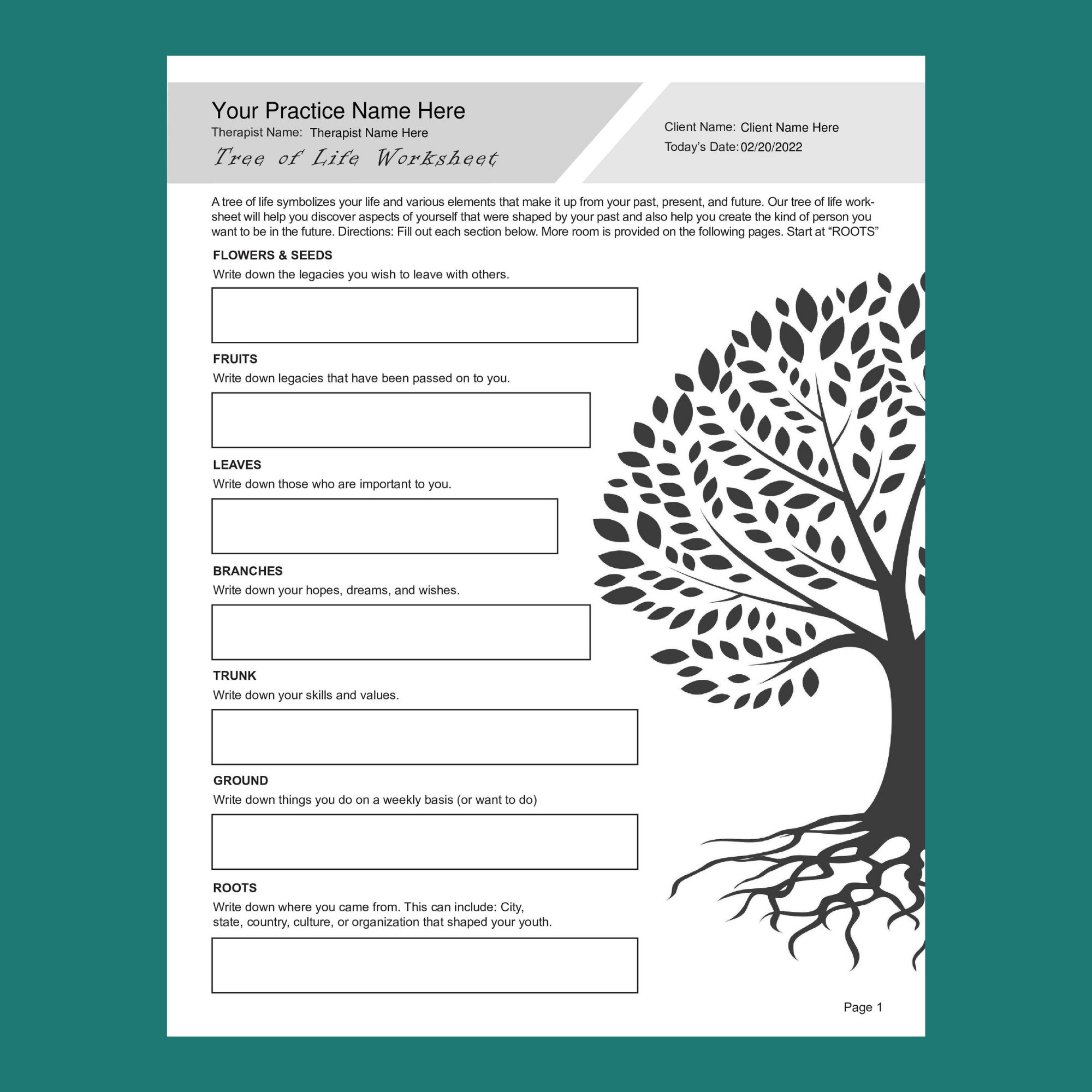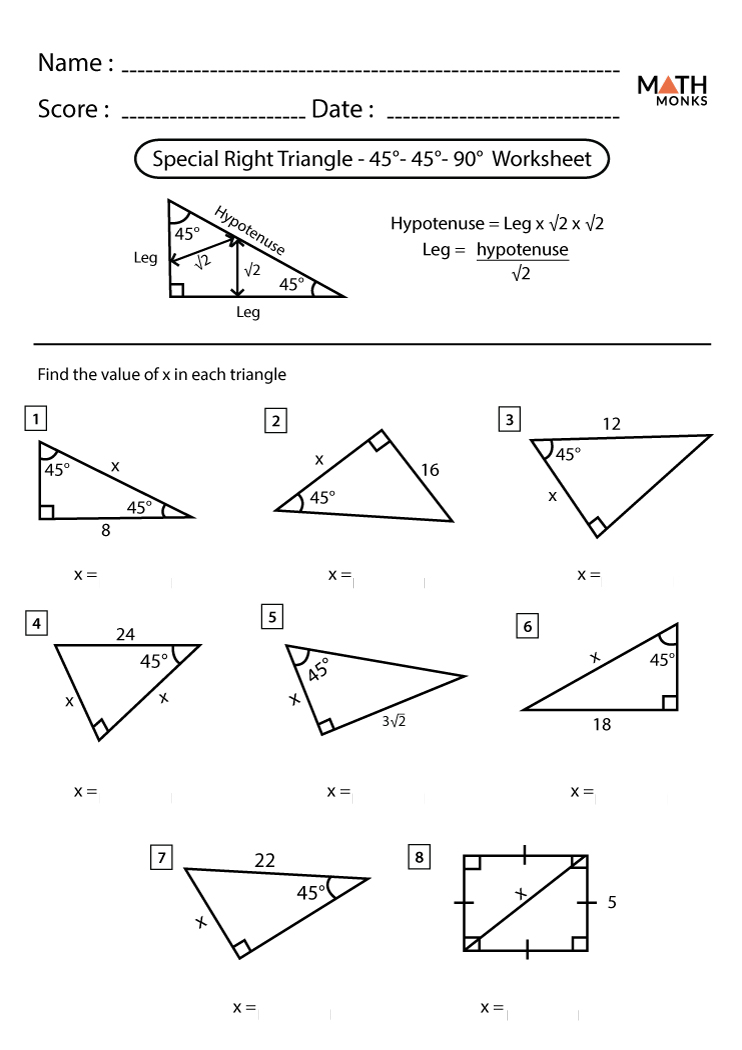Narrative Therapy Worksheet for Healing and Growth

Unlocking the Power of Narrative Therapy: A Journey of Healing and Growth
Narrative therapy is a unique approach to counseling that focuses on empowering individuals to re-author their life stories and create positive change. By recognizing and challenging negative narratives, individuals can break free from the constraints of their past and forge a brighter future. In this comprehensive guide, we’ll explore the concept of narrative therapy, its benefits, and provide a step-by-step worksheet to help you embark on your healing and growth journey.
What is Narrative Therapy?
Narrative therapy is a postmodern, collaborative approach to counseling that emphasizes the importance of language and storytelling in shaping our experiences. Developed by Michael White and David Epston, this therapy approach views individuals as the experts in their own lives, capable of creating positive change by re-authoring their narratives. Narrative therapy acknowledges that our lives are shaped by the stories we tell ourselves and others, and that these stories can be limiting or empowering.
Benefits of Narrative Therapy
Narrative therapy offers numerous benefits for individuals seeking healing and growth, including:
- Empowerment: Narrative therapy empowers individuals to take control of their lives by recognizing the power of their own stories.
- Increased self-awareness: By examining their narratives, individuals gain a deeper understanding of themselves, their values, and their goals.
- Improved self-esteem: Challenging negative narratives can help individuals develop a more positive self-image and boost their self-esteem.
- Enhanced problem-solving skills: Narrative therapy encourages individuals to think creatively and develop new solutions to problems.
Narrative Therapy Worksheet: A Step-by-Step Guide
This comprehensive worksheet will guide you through the process of narrative therapy, helping you identify and challenge negative narratives, and create positive change in your life.
Step 1: Identify Your Dominant Narrative
- Take a few moments to reflect on the story you’ve been telling yourself about your life.
- What is the main theme or message of this narrative?
- Is this narrative positive, negative, or neutral?
Step 2: Examine the Effects of Your Dominant Narrative
- How has this narrative impacted your relationships, work, or overall well-being?
- Have you noticed any negative self-talk or self-doubt?
- How has this narrative limited or empowered you?
Step 3: Challenge Your Dominant Narrative
- Ask yourself: Is this narrative really true, or is it based on assumptions or past experiences?
- Are there any alternative perspectives or stories that could be just as valid?
- What evidence do you have to support or contradict this narrative?
Step 4: Re-Author Your Narrative
- What new narrative would you like to create for yourself?
- What values, strengths, and resilience do you want to emphasize?
- How can you use language to empower yourself and create positive change?
Step 5: Practice Your New Narrative
- Repeat your new narrative to yourself regularly, using affirmations or journaling.
- Share your new narrative with a trusted friend or family member.
- Reflect on how this new narrative makes you feel and how it impacts your daily life.
📝 Note: Remember, narrative therapy is a collaborative process. Feel free to adapt this worksheet to suit your needs and work with a therapist or counselor if desired.
Common Narrative Therapy Techniques
Some common narrative therapy techniques include:
- Externalization: separating the problem from the individual, rather than internalizing it.
- Re-authoring: creating new, empowering narratives to replace old, limiting ones.
- Unique outcomes: identifying and building on past successes or exceptions to the dominant narrative.
- Thickening the plot: adding more detail and complexity to the new narrative, making it more believable and compelling.
Overcoming Common Challenges in Narrative Therapy
- Resistance to change: acknowledge the discomfort of challenging long-held narratives, but focus on the benefits of growth and healing.
- Self-doubt and skepticism: reframe negative self-talk and focus on past successes and strengths.
- Lack of motivation: break down goals into smaller, achievable steps and celebrate small victories.
💡 Note: Narrative therapy is not a one-size-fits-all approach. Be patient and flexible, and work with a therapist or counselor if needed.
What is narrative therapy, and how does it differ from other therapy approaches?
+Narrative therapy is a postmodern, collaborative approach that focuses on the power of language and storytelling in shaping our experiences. Unlike other therapies, narrative therapy views individuals as experts in their own lives, capable of creating positive change by re-authoring their narratives.
How long does narrative therapy typically last, and what can I expect from the process?
+Narrative therapy can vary in length, depending on individual needs and goals. Typically, it involves 3-6 sessions, with each session lasting 45-60 minutes. You can expect a collaborative, non-judgmental space to explore your narratives, challenge negative patterns, and develop new, empowering stories.
Can narrative therapy be used in conjunction with other therapy approaches, such as CBT or mindfulness?
+Absolutely! Narrative therapy can be integrated with other approaches, such as CBT, mindfulness, or psychodynamic therapy. A trained therapist can help you combine narrative therapy with other approaches to create a personalized treatment plan.
In conclusion, narrative therapy offers a powerful approach to healing and growth, empowering individuals to re-author their life stories and create positive change. By working through the narrative therapy worksheet and techniques outlined above, you can begin to challenge negative narratives, develop a more positive self-image, and forge a brighter future. Remember, narrative therapy is a collaborative process, and working with a therapist or counselor can provide additional support and guidance on your journey.
Related Terms:
- Free Narrative Therapy Worksheets PDF
- Narrative Therapy worksheet PDF
- Narrative Therapy Worksheets for adults
- Narrative Therapy adalah
- Narrative Therapy workbook
- Narrative therapy questions



